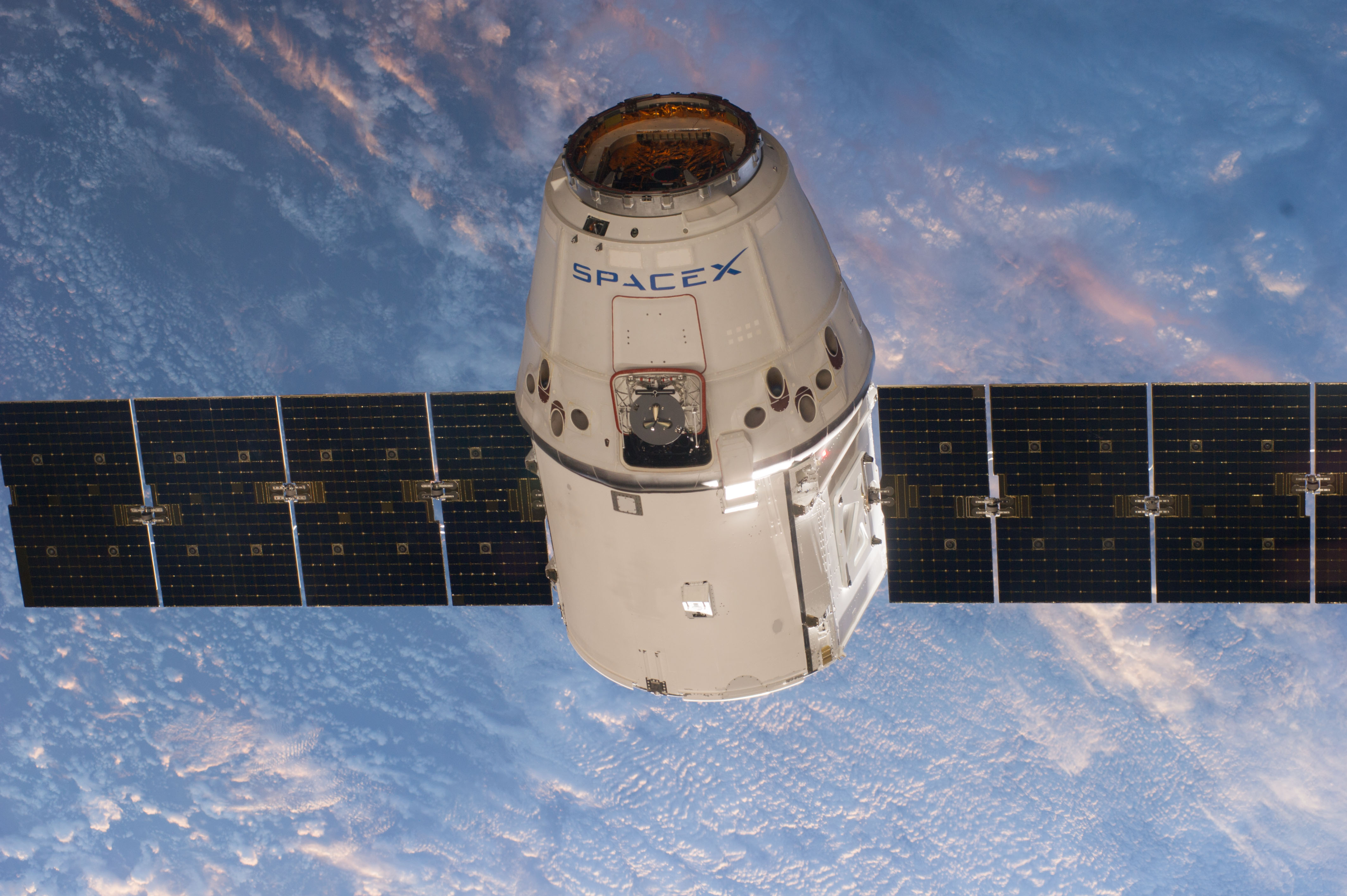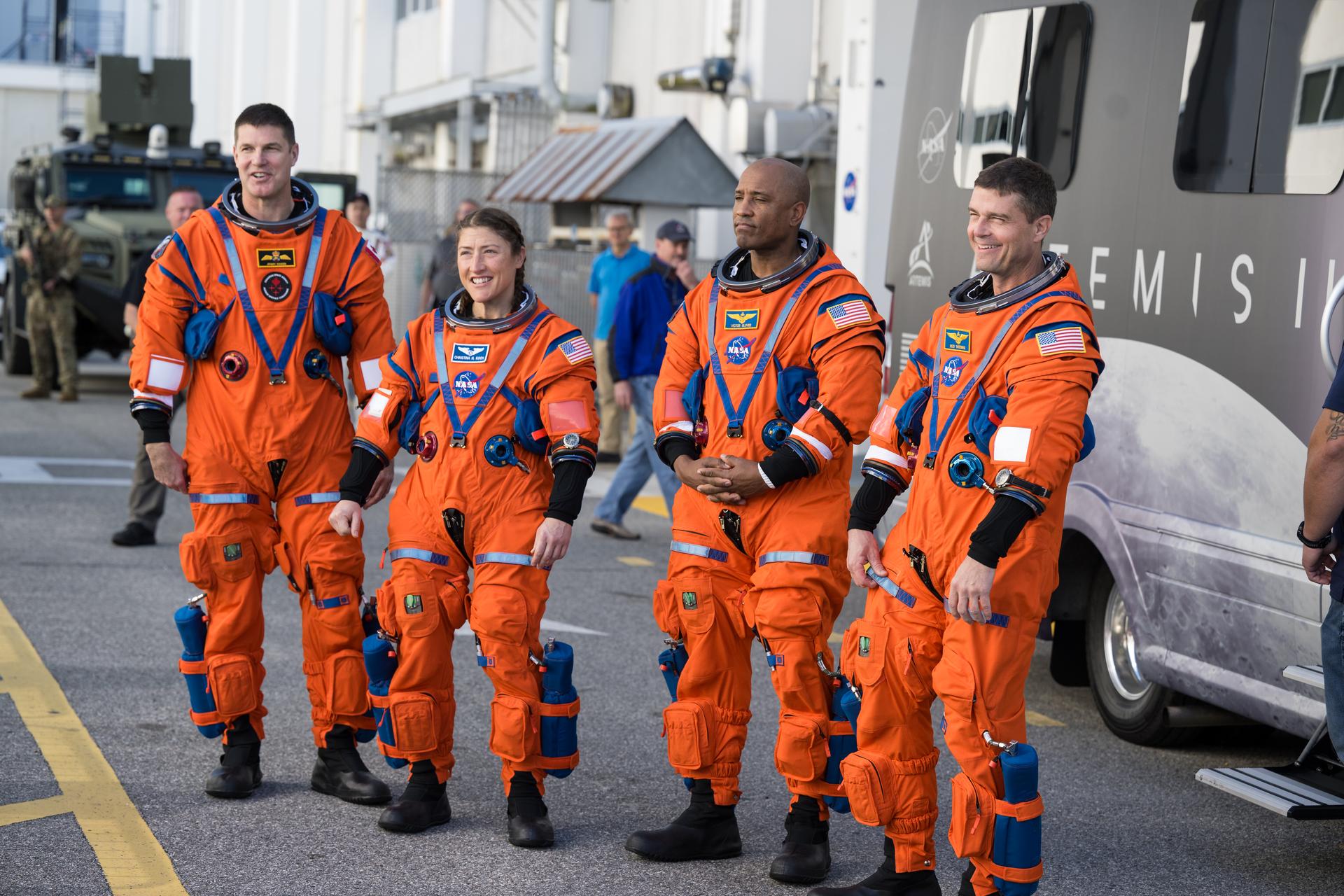Elon Musk, Buzz Aldrin Top List for LA Conference on Space Travel's Future

LOS ANGELES — Spaceflight industry experts and supporters have descended upon the City of Angels to discuss the future of human spaceflight this week during a conference featuring such luminaries as Apollo 11 moonwalker Buzz Aldrin and the billionaire founder of SpaceX, Elon Musk.
Nearly 1,200 space industry leaders, engineers and fans are expected to attend the five-day International Space Development Conference here to discuss where they think spaceflight is heading in the future. About 300 of those attendees are students from around the world, organizers said.
"I really do think we are in the moment of a space renaissance," computer game developer and entrepreneur Richard Garriott, who paid $30 million for a private trip to the International Space Station in 2008, told attendees Wednesday (May 14), on the conference's first day. "I think we are at this time where the future of space is looking very bright." [Visions of the Future of Human Spaceflight (Photos)]
That space renaissance, which is the conference's theme, is powered by the rise of commercial spacecraft like SpaceX's Dragon capsule, Virgin Galactic's SpaceShipTwo, Boeing's CST-100 capsule, and the Lynx and Dream Chaser space planes under development by XCOR Aerospace and Sierra Nevada Space Systems, respectively, Garriott said. The multimillionaire is so sure of the industry's success, he's invested in several of the major players, he added.
SpaceX, Boeing and Sierra Nevada are building new manned spacecraft with the goal of restoring U.S. human spaceflight capability by 2017. NASA expects to select at least one of the companies to fly American astronauts to the International Space Station. With the retirement of NASA's space shuttle fleet in 2011, the agency currently depends on Russia's Soyuz spacecraft for manned missions.
Recent tensions with U.S.-Russian cooperation in space spawned by the Ukrainian crisis have cast new attention on the future of the American space program, with one top Russian official — Deputy Prime Minister Dmitry Rogozin — calling for his country to pull out of the International Space Station project by 2020.
"This is a perfect example of why we need our own spaceflight capability," Garriott said.
Breaking space news, the latest updates on rocket launches, skywatching events and more!
The ISDC meeting this week will honor some of the pioneers working to develop that new U.S. spaceflight capability. The conference, now in its 33rd year, is hosted by the nonprofit National Space Society and will recognize SpaceX's Elon Musk on Friday with the Robert A. Heinlen Memorial Award. Buzz Aldrin will speak on Sunday (May 18) during a luncheon talk.
"I've participated in the ISDC since the very first one in 1982, and it remains the preeminent meeting of its kind anywhere in the country," Aldrin said in a statement before the conference began. The Apollo 11 astronaut also attended Wednesday night's opening festivities.
The ISDC conference, which runs from Wednesday through Sunday, aims to cover a wide range of space exploration topics, including how media can affect the public's perception of space exploration, as well as life in space, space-based solar power, Mars missions and more.
Full Disclosure: Space.com will moderate one ISDC panel on how news and entertainment media can influence the public demand for space exploration, on Friday, May 16.
Email Tariq Malik at tmalik@space.com or follow him @tariqjmalik and Google+. Follow us @Spacedotcom, Facebook and Google+. Original article on Space.com.

Tariq is the award-winning Editor-in-Chief of Space.com and joined the team in 2001. He covers human spaceflight, as well as skywatching and entertainment. He became Space.com's Editor-in-Chief in 2019. Before joining Space.com, Tariq was a staff reporter for The Los Angeles Times covering education and city beats in La Habra, Fullerton and Huntington Beach. He's a recipient of the 2022 Harry Kolcum Award for excellence in space reporting and the 2025 Space Pioneer Award from the National Space Society. He is an Eagle Scout and Space Camp alum with journalism degrees from the USC and NYU. You can find Tariq at Space.com and as the co-host to the This Week In Space podcast on the TWiT network. To see his latest project, you can follow Tariq on Twitter @tariqjmalik.
